Sleep & Wakefulness

This article will include the following:
- Understanding Sleep
- Your Evening Routine
- Herbs with Sedative Properties
- Your Morning Routine
- Coffee Substitutes
- Exercise in the Morning

Understanding Sleep
I took this from Hakim Chishti's Book, The Traditional Seekers Handbook.

Essentially sleep is the feminine, energetically speaking, as wakfeulnes is masculine. To ensure your clients get smooth sleep, that is calm and content, basic and incredibly simple parameters need to be instilled in the lifestyle. This is to ensure their bodies move through the different energies gracefully and completely.
Without restful sleep, the body will either become excessively cold or excessively warm. Usually, you will find, that when poor sleep becomes a chronic occurrence, individuals initially suffer from excessive heat, and then switch to excessive coldness (and vice versa) with dryness accompanying both.
This is because sleep brings moisture to the body, allowing the vital force to sail through the body, repairing and rejuvenating each part. Without it, the body becomes brittle, dry, and rustic.
- Quality of Sleep: Adequate and high-quality sleep is crucial for physical and mental well-being. Research suggests that deep sleep is associated with memory consolidation, immune function, and emotional regulation (1).
So what are some of the parameters that need to be emplaced?
- Consistent Schedule: Maintaining a consistent sleep schedule helps regulate the body's circadian rhythm, optimizing sleep-wake cycles. This, in turn, promotes better hormonal balance, including melatonin and cortisol (2).
- Temperament Considerations (الخلقيات): The concept of temperaments aligns with personalized medicine.
Scientific studies explore the influence of individual differences in genetics, metabolism, and stress response on health outcomes. These new researches complement old traditions of Unani Tibb which emphasized taking one's temperament into consideration when deciphering how much sleep is required for them.
Unani principles state that when the brain becomes drier, people will find it harder to fall asleep, being more prone to insomnia. So, when sleep is neglected the brain becomes drier but also when the brain becomes drier itself, through other factors, sleep will be harder to induce.
Moreover, individuals with naturally drier temperaments (the cholerics, and melancholics) will require less sleep compared to those with a more moist temperament.
This brings us to my next point that the focus then should fall on Balancing the Humours. Now, when the temperament becomes imbalanced, as in, an individual acquires a temperament through certain lifestyle factors, a temperament that is different from their individual their sleep patterns are likely to change too.
Modern medicine may contribute to or recognize them to be the result of conditions such as inflammation or hormonal irregularities. Nonetheless, sleeping habits change when the internal systems are not regulated. Therefore it could be more fruitful at times to set straight the causing factors, whether it be digestive inflammation, poor hygienic practices, etc. to "fix the sleep".
Lastly, age is also another factor in determining how much sleep is required. Younger people, up to the age of 25 will naturally sleep more, especially teenagers. It's essential to allow those individuals to get the sleep their bodies require. Their bodies are still growing and maturing, and an activity such as deep restful sleep allows them to do so.

The Evening Routine
We have discussed the theory and in this section, we will give practical advice now you can offer to clients to ensure they ease down for a good night's rest.
- Light Meals: Consuming light meals in the evening aligns with the understanding that heavy meals close to bedtime may disrupt sleep due to increased digestive activity, supported by studies on the impact of meal timing on sleep quality (3).
Moreover, consuming a light meal also allows for a much more restful night and increased energy in the morning. Constant heavy, rich eating before bed is one way to fast forward the aging of the internal organs, especially the stomach, which is said to be, when it is unhealthy, the root of all sickness.
- Herbal Infusions: Certain herbs like chamomile contain compounds with sedative effects. Scientific studies indicate that herbal infusions can have calming effects on the nervous system, promoting relaxation (4).
I often suggest, that if an individual does not have the time to eat and stay awake until the food has time to digest through the stomach but doesn't want to sleep on a completely empty stomach (meaning they feel hungry), drinking tea with a very light snack may act as a fantastic substitute to a full meal.
The choice of tea is vitally important. Drinking tea will sedative qualities is encouraged, as that enhances the sleepiness in a person.
Below is a section dedicated to 10 herbs that possess sedative properties. (Chamomile, Valerian, Lavender, Catnip, Calafornina Poppie, Ashwagandha, Sckullcap, Lemonbalm, Kava Kava & Passion flower).
Warm milk is also very beneficial. You could replace the dried herbs to make the tea with an extract and add a couple of drops to your warm milk instead.
Important Note:
It's crucial to understand that herbal recommendations are both an art and a science in Unani Medicine. Unani Physicians consider not only the properties of herbs but also their temperament. For instance, if someone is experiencing insomnia due to overthinking, dealing with depression, and has a naturally cold and moist temperament (phlegmatic), suggesting herbs like ashwagandha or lavender could not only aid in improving sleep but also address the root cause while aligning with the individual's temperament.
On the flip side, if the individual is also excessively dry, recommending herbs with drying properties, such as lavender and ashwagandha, may not have the same positive effects. In fact, it could potentially lead to issues like dry skin, constipation, or irritation. Therefore, the temperament of the individual is a critical factor in determining the appropriate herbal recommendations to ensure both efficacy and safety.
Therefore, understand the Temperment of the individual and the herbs!
- Journalling: Stress Management: Chronic stress is a known disruptor of sleep patterns. Techniques like meditation and journaling have been scientifically proven to reduce stress hormones and improve sleep (5).
A positive mindset is associated with better mental health outcomes, including sleep quality. Positive psychology interventions have shown positive effects on sleep in various studies. Journaling is one way to create that. Journaling by its simple nature creates the space and opportunity to change thinking patterns and foster optimism.
Read my article on journaling to learn more about this: https://unanireads.com/journaling/
Other things to incorporate into your evening routine:
- Relaxation Techniques: Mindfulness practices and deep breathing stimulate the parasympathetic nervous system, reducing stress hormone levels. Numerous studies show the efficacy of such techniques in improving sleep quality (6).
- Aromatherapy: Aromas like lavender are known to influence brain waves and induce relaxation. Studies demonstrate the potential of aromatherapy in reducing sleep disturbances and improving sleep quality (7).
The evening is a time to bring the family back together
I believe strongly that most of us suffer from poor sleep because screen time has replaced family time.
The evening should be a time to reconnect with the family, bond, and settle down. In a healthy family unit, the family should be a safe space to unwind and relax. This act of bonding, allows you to not only emotionally regulate yourself but to actually increase feelings of well-being and securely encourage good sleep. Just as children fall asleep better in warm, loving environments, so too do us adults.
Waking in the middle of the night
Waking in the middle of the night is one way your sleep suffers - but it's not really a choice. You just wake up.
But why does it happen?
Not necessarily a part of Unani Medicine per se (meaning, there can not be anything found in old medical manuscripts, at last none I have found) - the concept of waking in the middle of the night at a certain hour is said to be due to particular organ weaknesses.
The organ that is suffering dictates the hour you awake. This is a part of the Traditional Chinese Medical philosophy - and a very accurate one you will find.
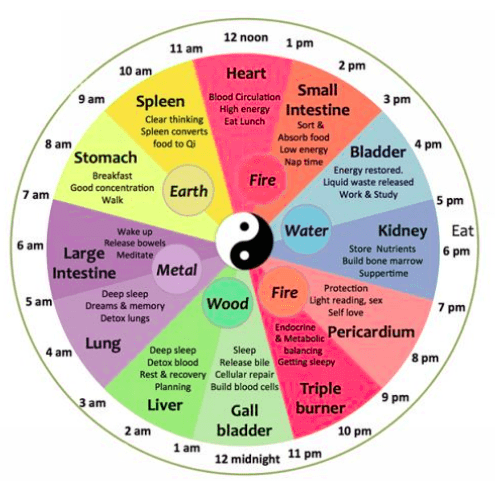
Avoid these things at night:
- Strenuous Activities: before bedtime can elevate heart rate and body temperature, potentially interfering with the initiation of sleep.
- Excessive Exposure to Light: Limit exposure to bright lights, especially blue light from electronic devices, as it can interfere with the production of the sleep hormone melatonin.
- Arguments: Self-explanatory.
- Excessive Fluid Intake: Minimize the consumption of large amounts of liquids before bedtime to prevent disruptions due to frequent trips to the bathroom during the night.
Herbs with sedative effects:
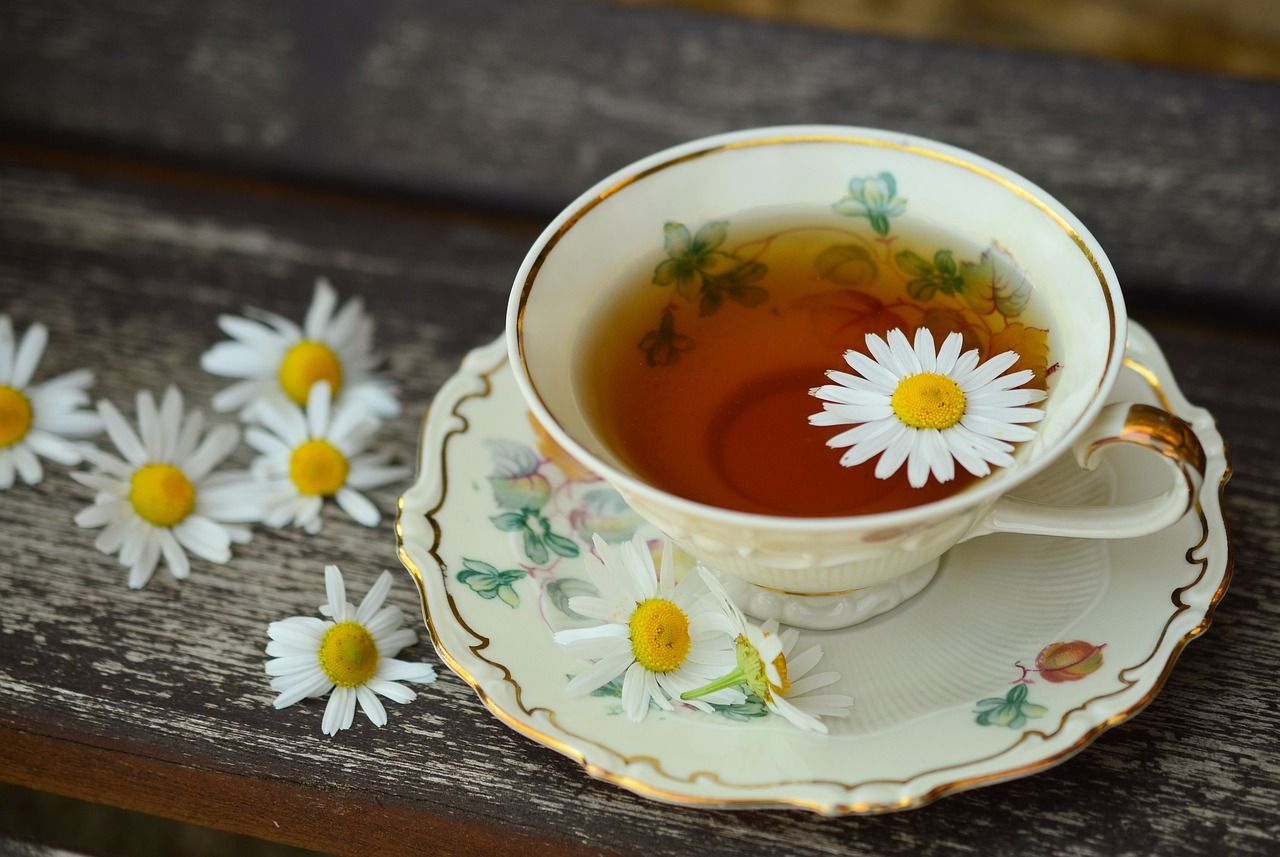
Chamomile (Matricaria chamomilla):
- Sedative Properties: Chamomile contains apigenin, which binds to benzodiazepine receptors in the brain, inducing a calming effect.
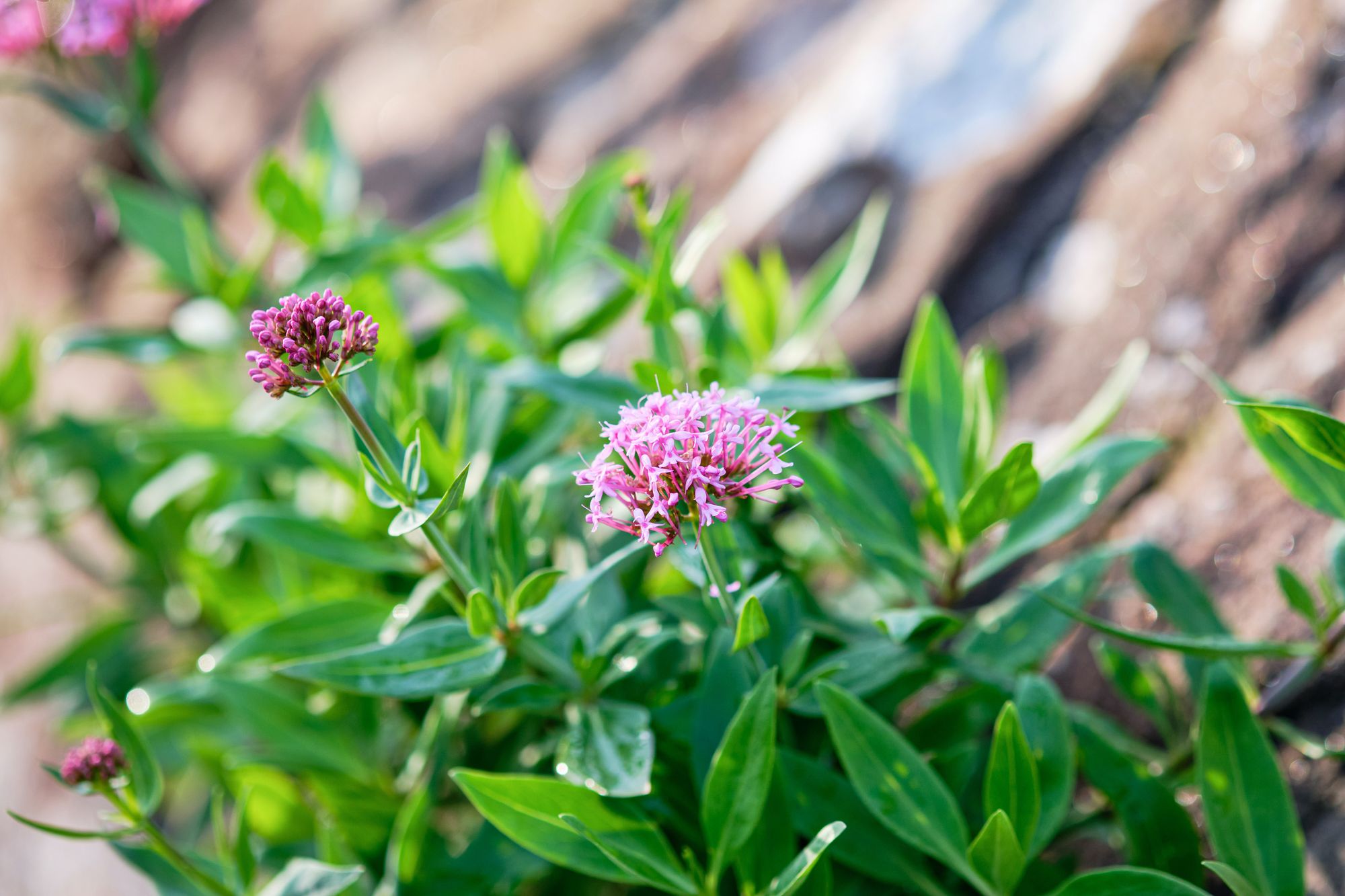
Valerian (Valeriana officinalis):
- Sedative Properties: Valerian root is known for its sedative and anxiolytic effects, attributed to compounds that interact with GABA receptors.
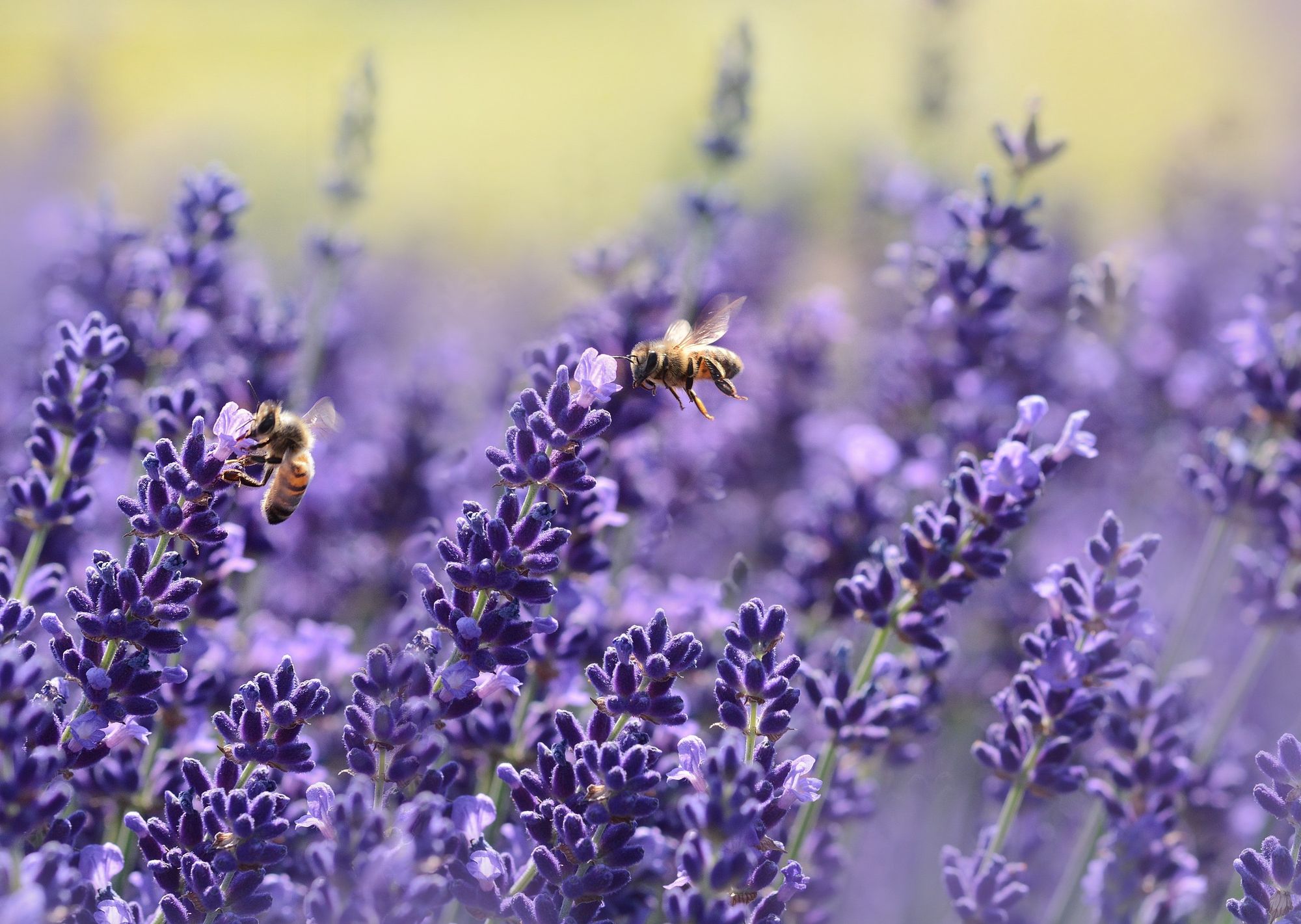
Lavender (Lavandula angustifolia):
- Sedative Properties: Lavender's aromatic compounds, such as linalool, have a calming effect on the nervous system, reducing anxiety and promoting relaxation.
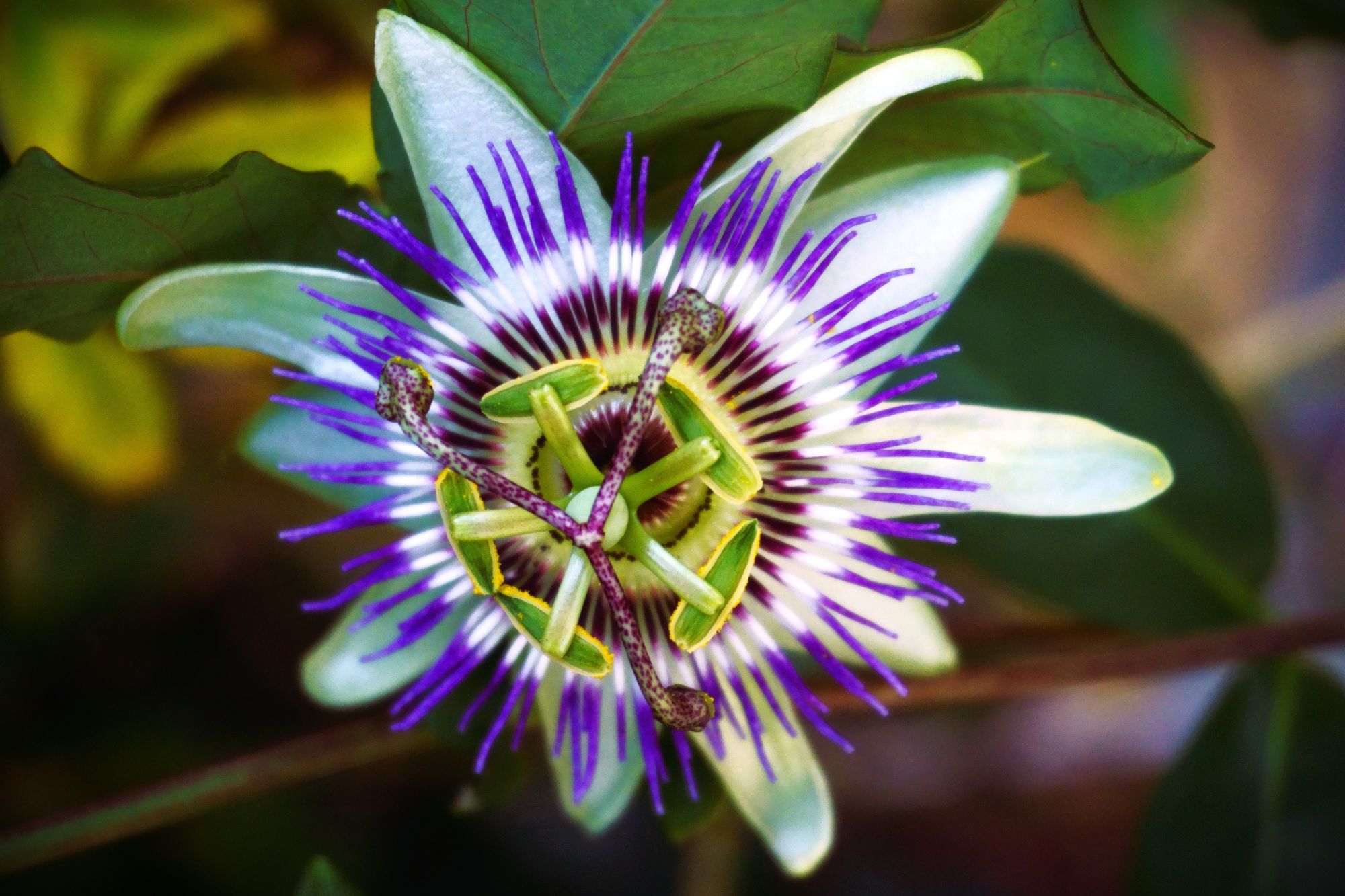
Passionflower (Passiflora incarnata):
- Sedative Properties: Passionflower contains flavonoids that interact with GABA receptors, producing a mild sedative effect.
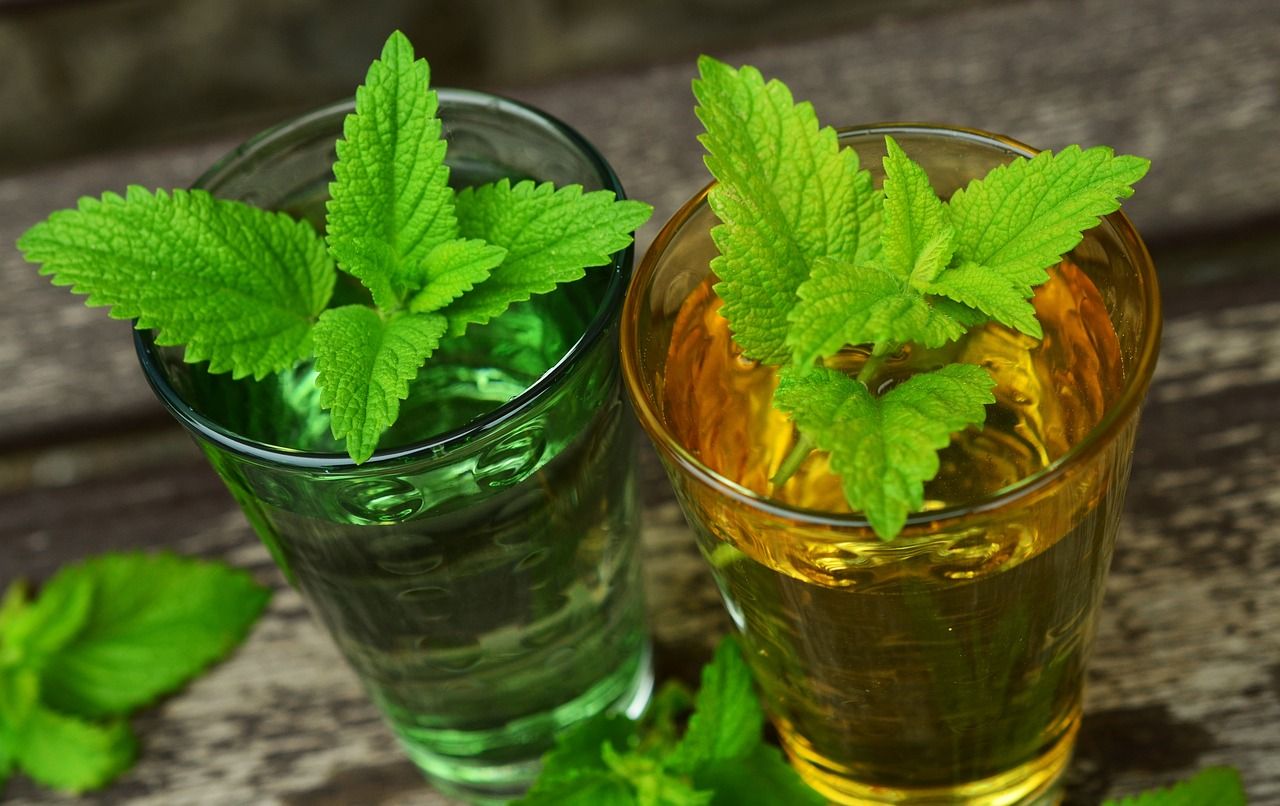
Lemon Balm (Melissa officinalis):
- Sedative Properties: Lemon balm contains compounds that modulate GABA receptors, contributing to its anxiolytic and sedative effects.
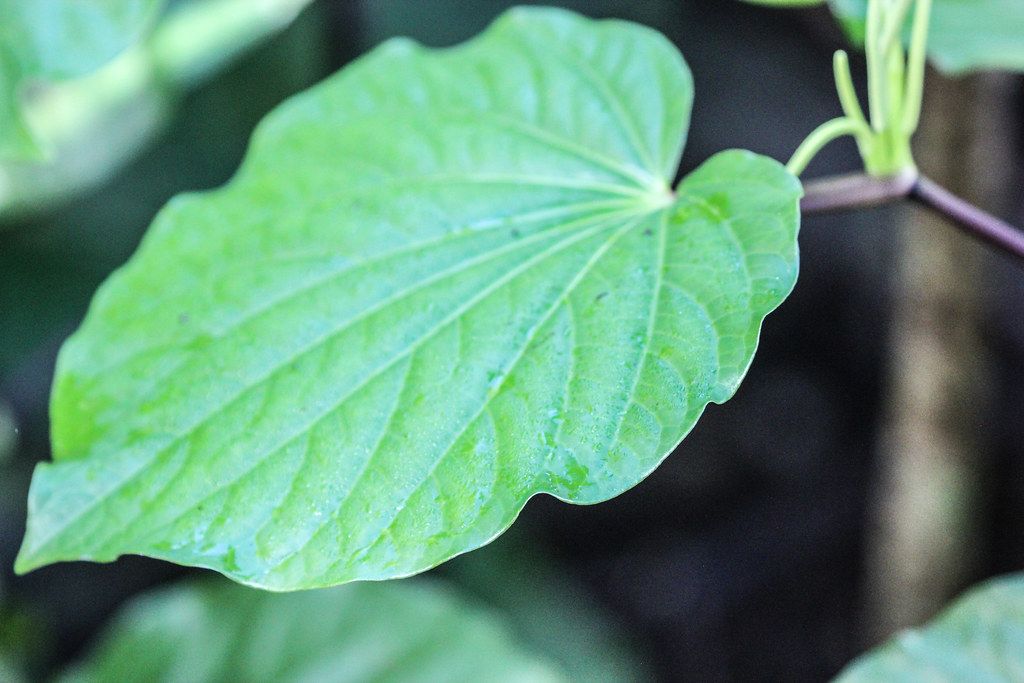
Kava Kava (Piper methysticum):
- Sedative Properties: Kava root has a calming effect attributed to kavalactones, which affect neurotransmitters, including GABA.
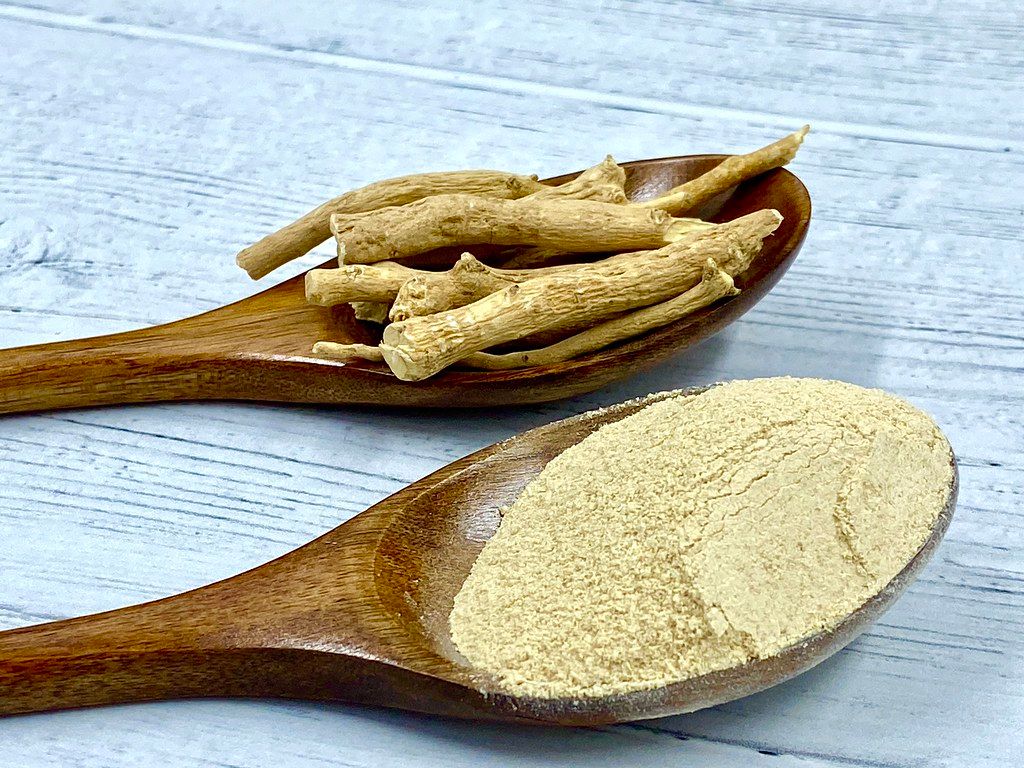
Ashwagandha (Withania somnifera):
- Sedative Properties: Ashwagandha's adaptogenic properties help combat stress and anxiety, promoting relaxation and supporting sleep.
in terms of aiding sleep, think of ashwagandha as not necessarily putting anyone to sleep, but as an herb increasing and steadying the overall energy level. What that means is that it helps individuals feel energy throughout the day, and also, when it comes to bedtime, eases the approaching slumber. Those with depression, anxiety, and insomnia very much benefit from this herb. I often imagine it as the strong masculine presence, that brings stability and comfort to the body - energizing through the day and comforting through the night.
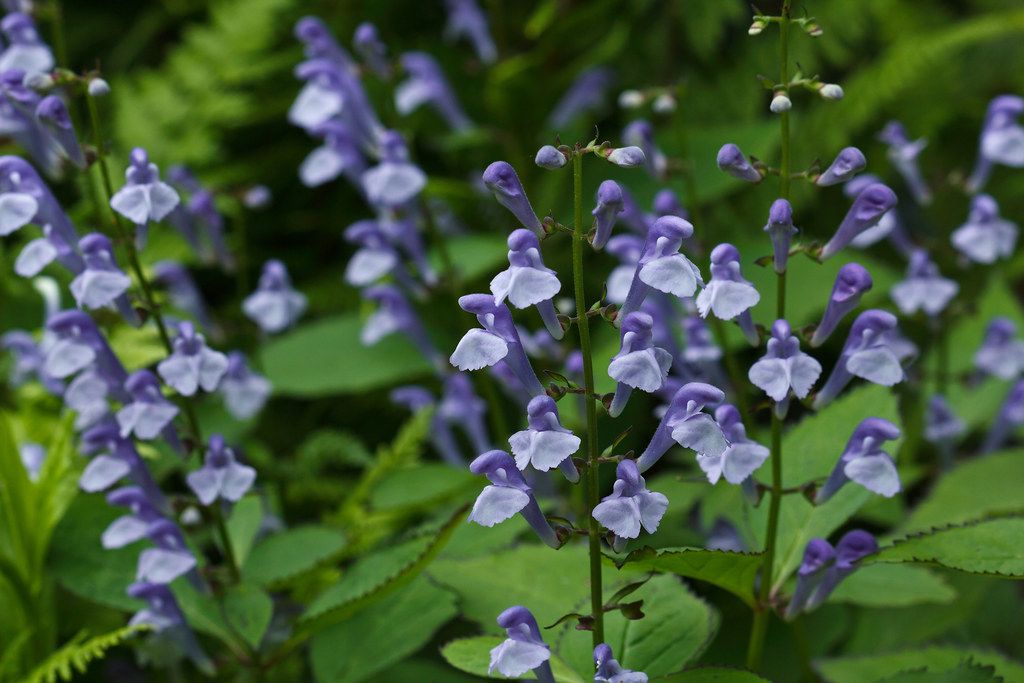
Skullcap (Scutellaria lateriflora):
- Sedative Properties: Skullcap contains flavonoids that interact with GABA receptors, contributing to its calming and sedative effects.
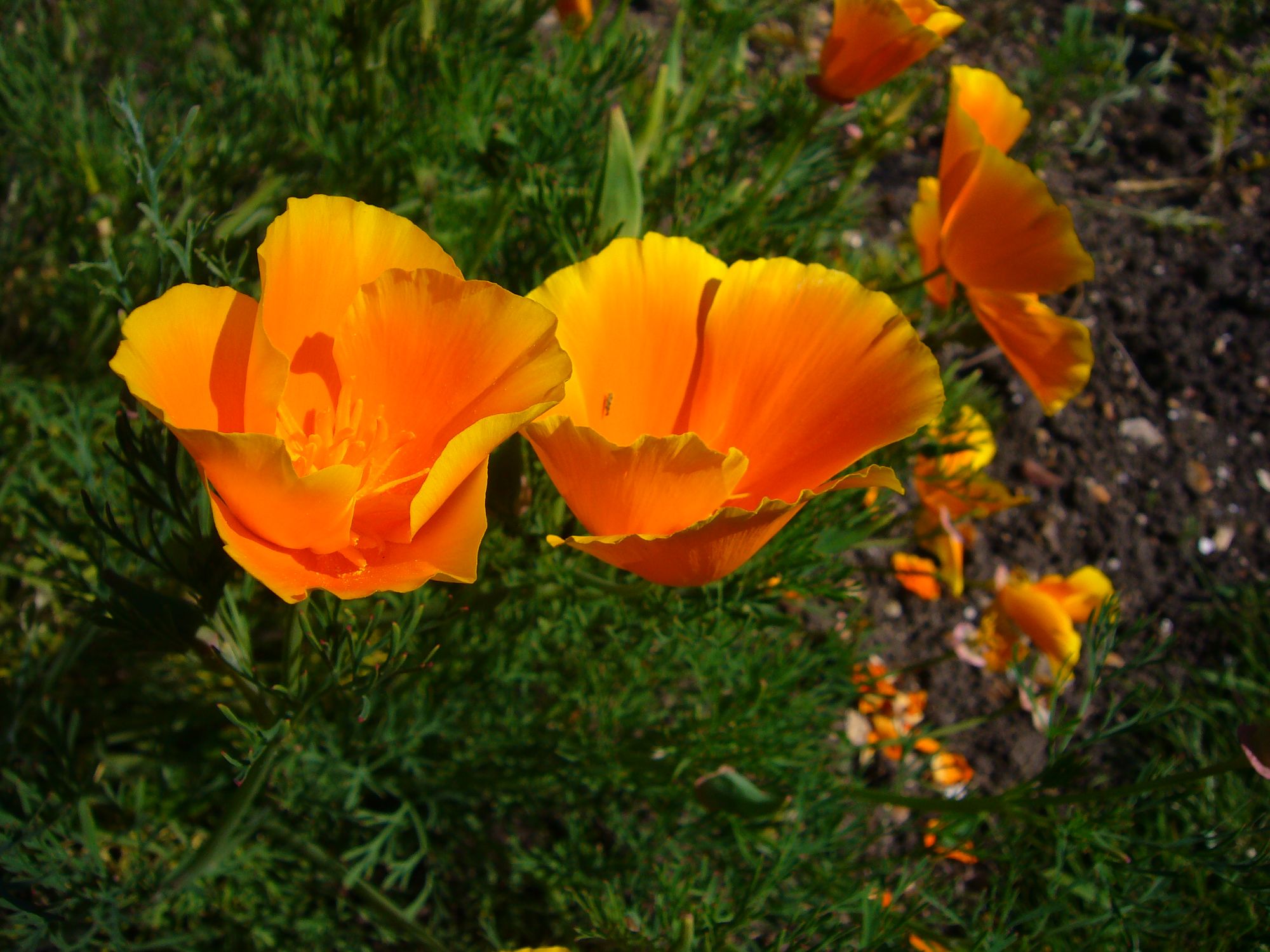
California Poppy (Eschscholzia californica):
- Sedative Properties: California poppy contains alkaloids with mild sedative and analgesic effects, making it beneficial for relaxation.
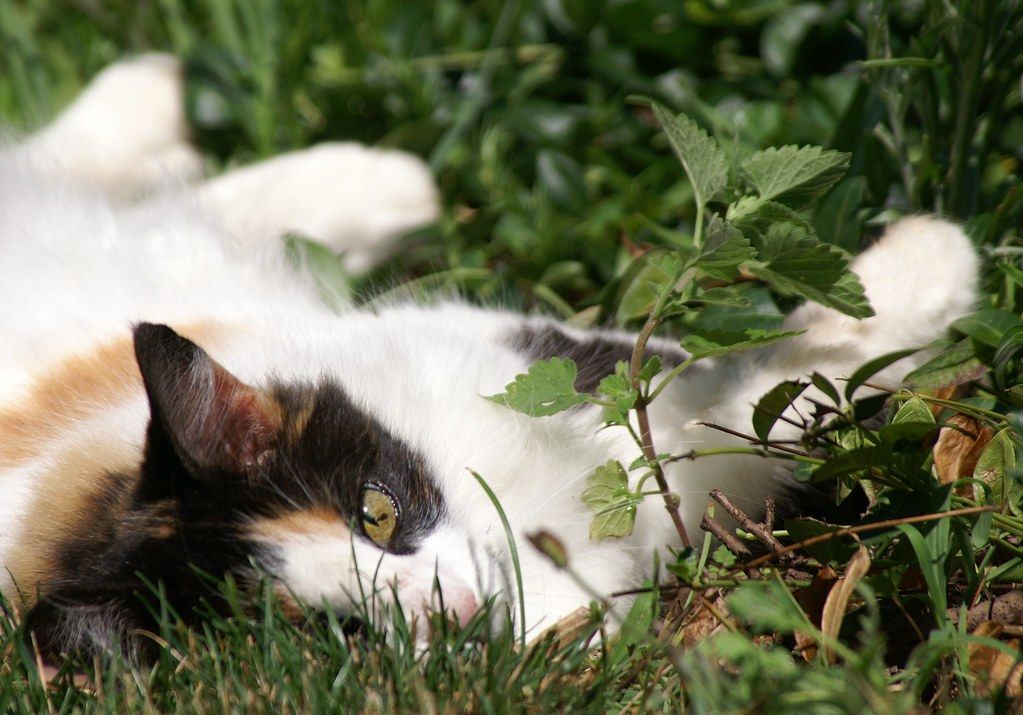
Catnip (Nepeta cataria):
- Sedative Properties: Catnip contains nepetalactone, which acts on receptors in the brain, inducing a sedative effect, especially in cats.
When taking herbal remedies, however, remember it's an art and science in of itself. You can read that
Morning Routine
First, let's look at some of the parameters to ensure a good morning.
- Morning Sun Exposure: Exposure to natural sunlight in the morning helps regulate the body's internal clock (circadian rhythm). This exposure influences melatonin production, aiding in wakefulness during the day and sleepiness at night.
- Hydration: Morning hydration is essential for replenishing fluids lost during sleep. Studies show that dehydration can impact cognitive function and mood.
- Balanced Meals (Includes a Good Breakfast): A balanced diet contributes to overall health, including sleep quality. Nutrient-rich foods support the synthesis of neurotransmitters involved in sleep regulation. Breakfast is actually one way to regulate your internal clock - the morning meal is one way to kickstart digestion. This not only allows your body to gain the nutrients to repair itself but also to utilize the energy it has stored in itself already. This means, that by the time evening approaches, you will be more likely to feel sleepy due to
- Moderate Exercise: Regular exercise is linked to improved sleep quality, possibly due to its influence on sleep-regulating hormones and reduction of anxiety. However, intense exercise close to bedtime may have the opposite effect.
Therefore your morning routine should consist of 4 things:
- Some forms of exercise/movement: think stretching, qi gong, walking, running, etc. It can be gentle or strenuous.
- Tidying/organizing: whether it setting a to-do list, cleaning your home, or decluttering your workspace - this step allows you to clear your mind (and environment) so that your day moves more easily.
- Grounding: this could come in the form of worship, prayer, journalling, affirmation, etc. It is a habit in which you find your 'mojo' for the day. This is a way to uplift yourself to feel good and ready to take on the day.
- Dressing up: this includes showering, wearing clean fresh clothing, and brushing your hair. It is a self-care habit, that becomes a part of your routine and helps regulate your body to feel more awake, productive, and upright.
- Breakfast!
A lot of us don't have a set morning routine, the morning being a more hectic time in which we rush to get ready and out of the door. This is often because we oversleep, partially because we had a poor night's sleep.
I have already addressed how to better one's sleep. Now we will look at other factors leading to oversleeping.
Causes of oversleeping:
- Sleep Disorders: Conditions like hypersomnia or sleep apnea can result in excessive sleepiness and prolonged sleep.
- Depression/ Grief or Loss: this includes not feeling safe or settled in your environment, using sleep as a form of escapism, or lacking genuine joy from your days.
- Hypothyroidism, Chronic Fatigue Syndrome & other medical conditions
- Medication Side Effects
- Lack of Physical Activity
- Substance Abuse

The American Culture is fueled by coffee. Coffee is the Amercian culture. However, this is hugely problematic for the following reasons.
Coffee has a hot and dry nature: Unani Tibb categorizes foods and substances based on their inherent qualities, and coffee is often regarded as having a hot and dry nature. Excessive consumption of hot and dry substances is believed to disturb the balance, potentially leading to imbalances in the humors.
It has stimulant effects: Coffee is a well-known stimulant due to its caffeine content. While stimulants can provide a temporary boost in alertness, they may also lead to an overstimulation of the nervous system, potentially causing disruptions in sleep patterns and contributing to an imbalance in the body.
It has strong diuretic properties: Coffee is a diuretic, meaning it can increase urine production. In Unani Tibb, excessive diuresis is associated with the potential loss of vital fluids, impacting the balance of the humors.
A lot of Unani Physicians warn against coffee, especially when taken daily. Below is a list of coffee substitutes you can incorporate in your mornings instead.
Yerba Mate:
- Energy Boosting Properties: Yerba mate contains caffeine but in lower amounts than coffee. It also contains theobromine and theophylline, which contribute to its stimulating effects without causing the jitters.
Matcha Green Tea:
- Energy Boosting Properties: Matcha is a powdered green tea containing L-theanine and a moderate amount of caffeine. The combination of these compounds provides a focused and sustained energy boost.
Ginseng Tea:
- Energy Boosting Properties: Ginseng is an adaptogenic herb known for its energy-enhancing properties. Ginseng tea can help improve mental clarity and physical stamina.
Cacao (Hot Chocolate):
- Energy Boosting Properties: Raw cacao is rich in theobromine, a natural stimulant that provides a smoother energy boost compared to caffeine. You can make delicious hot chocolate using raw cacao.
Rhodiola Rosea Tea:
- Energy Boosting Properties: Rhodiola rosea is an adaptogenic herb known for its fatigue-fighting effects. Rhodiola tea may help improve mental alertness and reduce feelings of exhaustion.
References:
- Guderjahn, Claire A. "An examination of the moderating role of hormones on the relationship between sleep patterns and mood regulation." (2018)
- Brum, Maria Carlota Borba, et al. "Effect of night-shift work on cortisol circadian rhythm and melatonin levels." Sleep Science 15.2 (2022): 143.
- Yoshida, Junko, et al. "Association of night eating habits with metabolic syndrome and its components: a longitudinal study." BMC Public Health 18.1 (2018): 1-12.
- Srivastava, Janmejai K., Eswar Shankar, and Sanjay Gupta. "Chamomile: A herbal medicine of the past with a bright future." Molecular medicine reports 3.6 (2010): 895-901.
- Hoover, Eve B., et al. "Wellness in physician assistant education: exploring mindfulness, well-being, and stress." The Journal of Physician Assistant Education 33.2 (2022): 107-113.
- Du, Juan. "Effects of the Combination of Continuous Nursing Care and Breathing Exercises on Respiratory Function, Self-Efficacy, and Sleep Disorders in Patients with Lung Cancer Discharged from Hospital." Contrast Media & Molecular Imaging 2022 (2022).
- Cannard, Graham. "The effect of aromatherapy in promoting relaxation and stress reduction in a general hospital." Complementary therapies in Nursing and Midwifery 2.2 (1996): 38-40.




